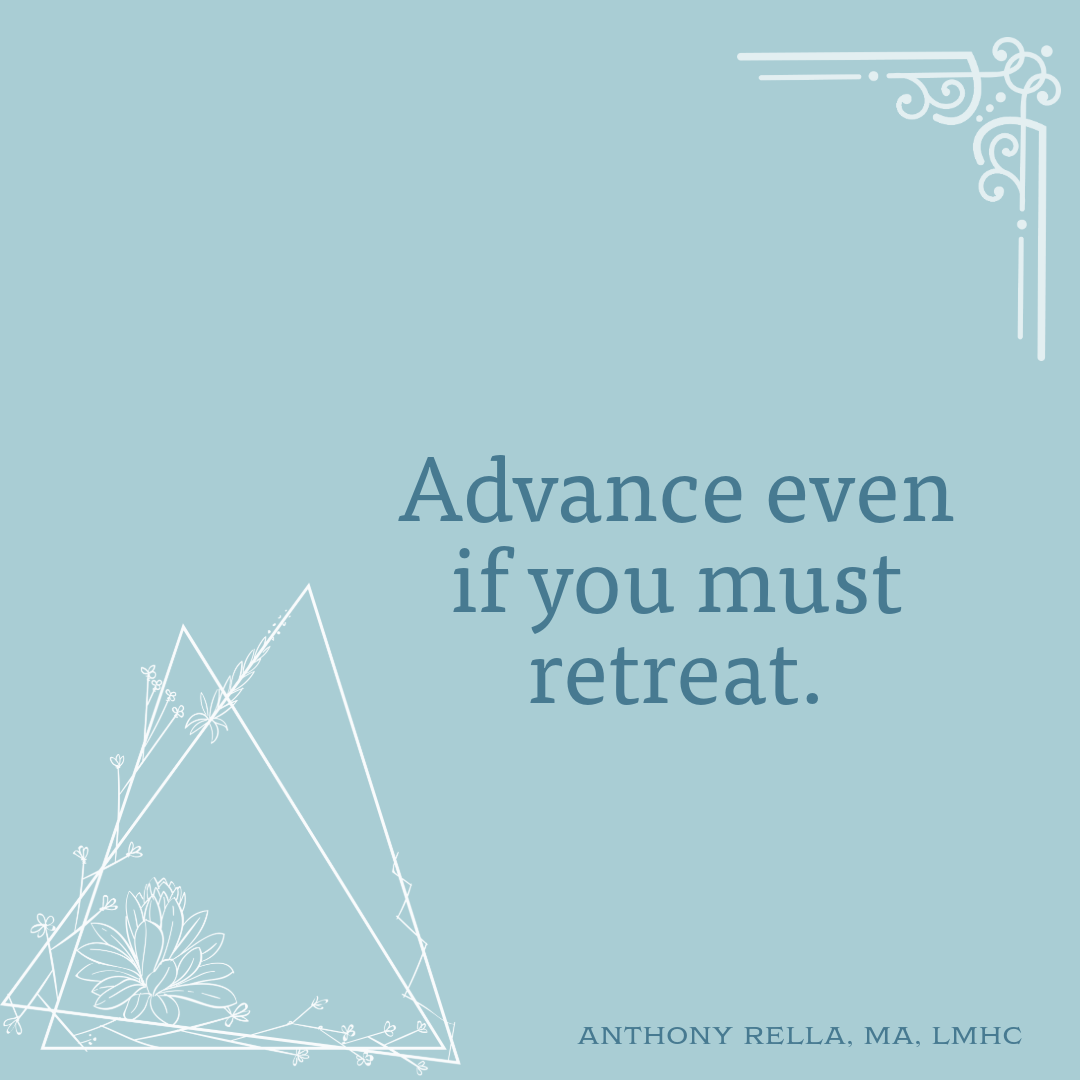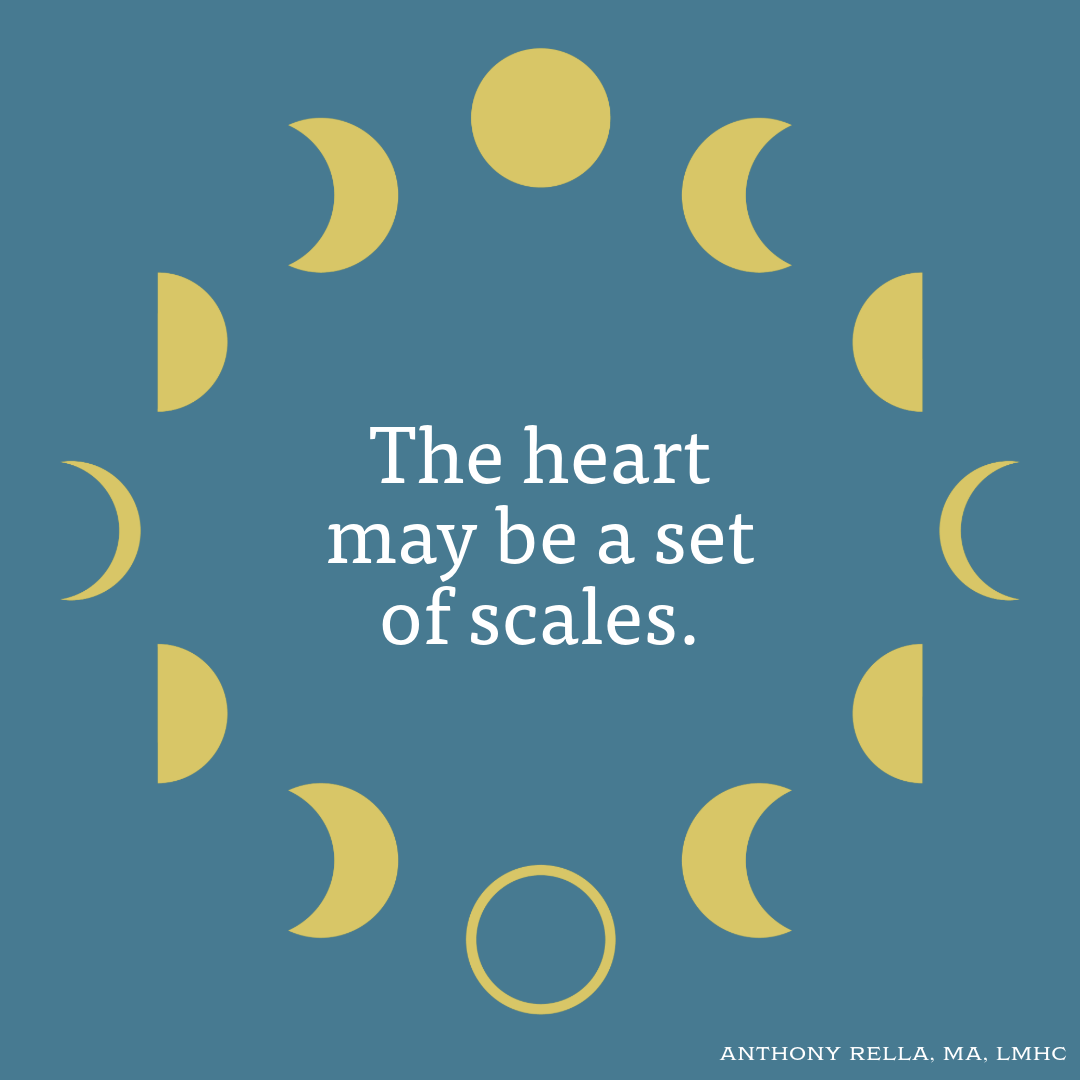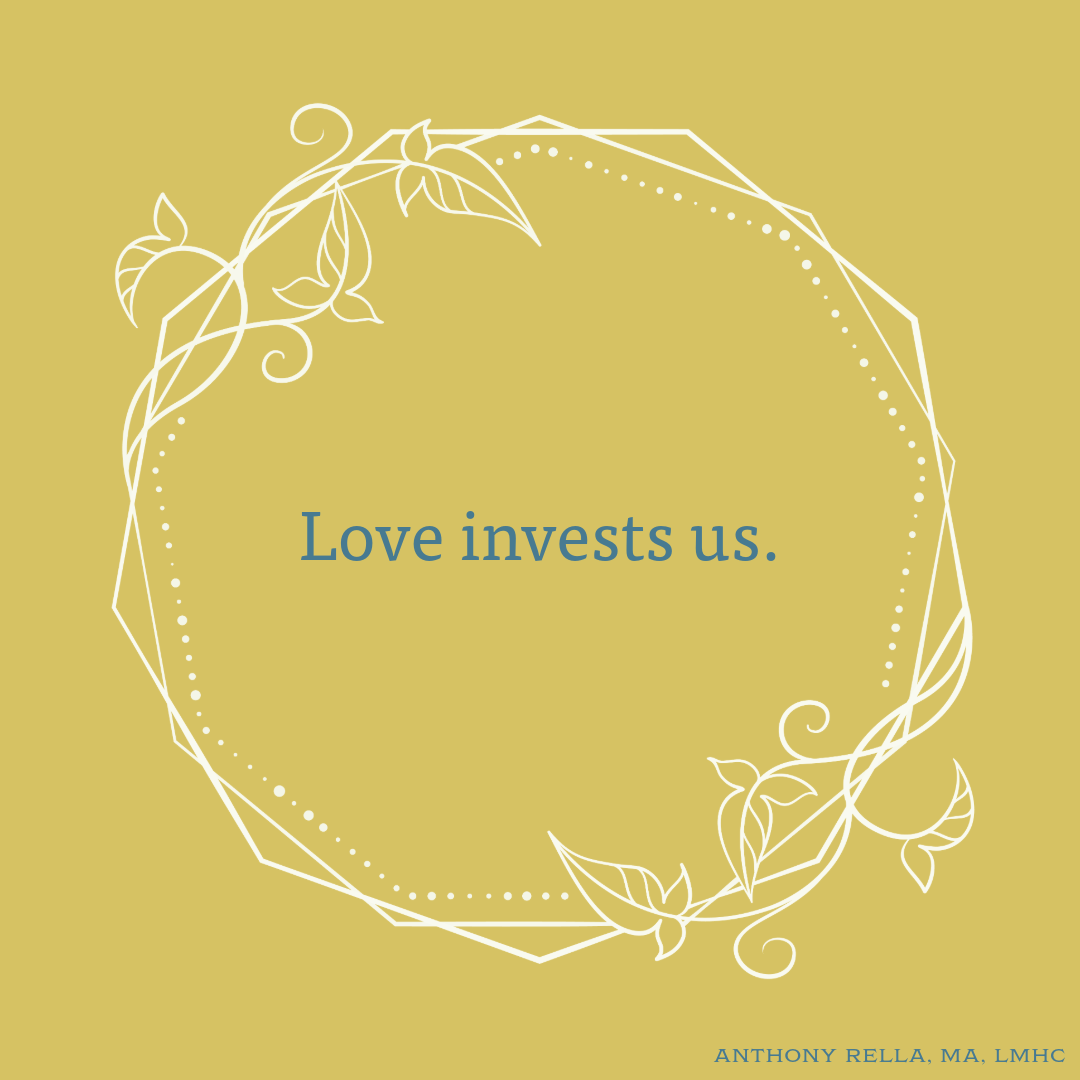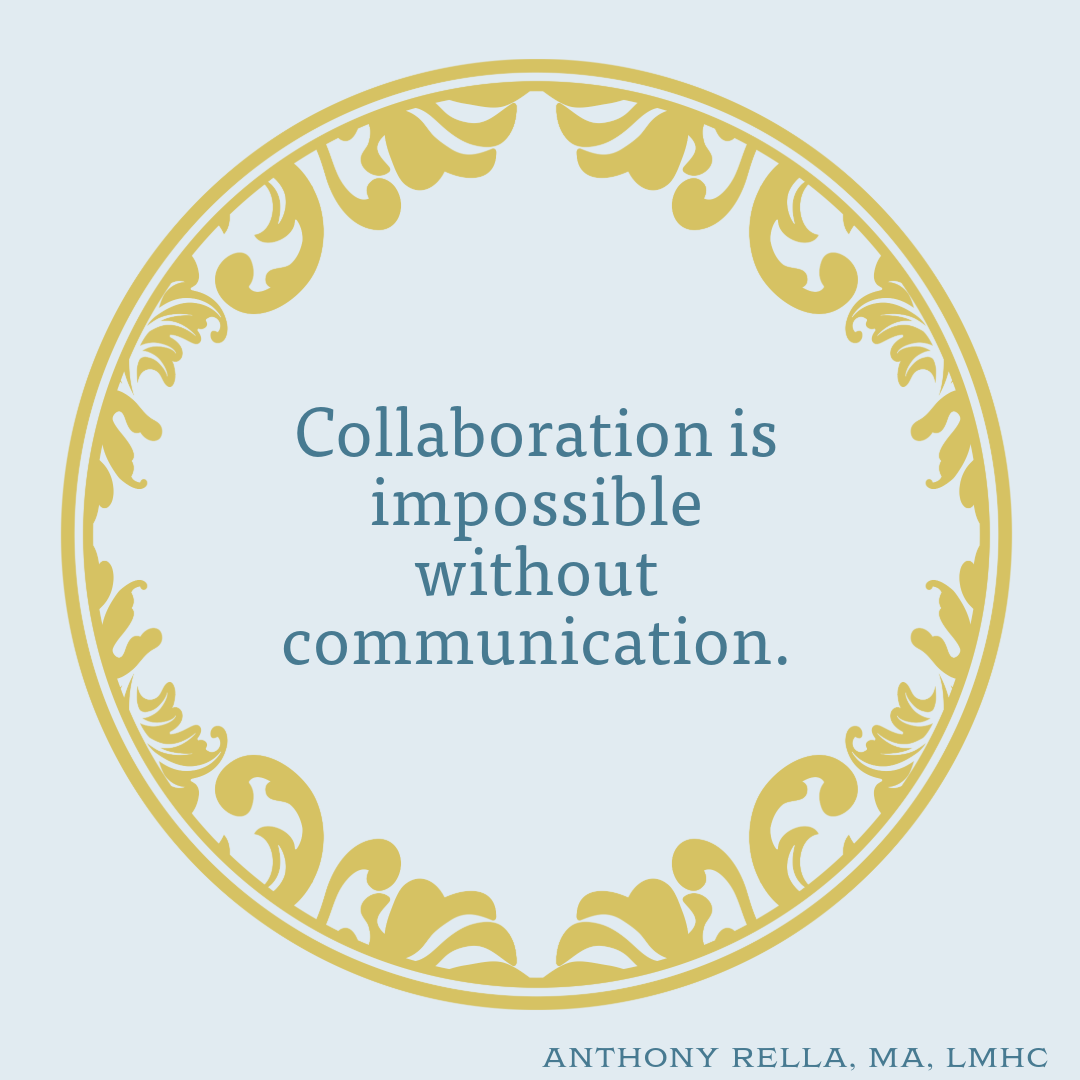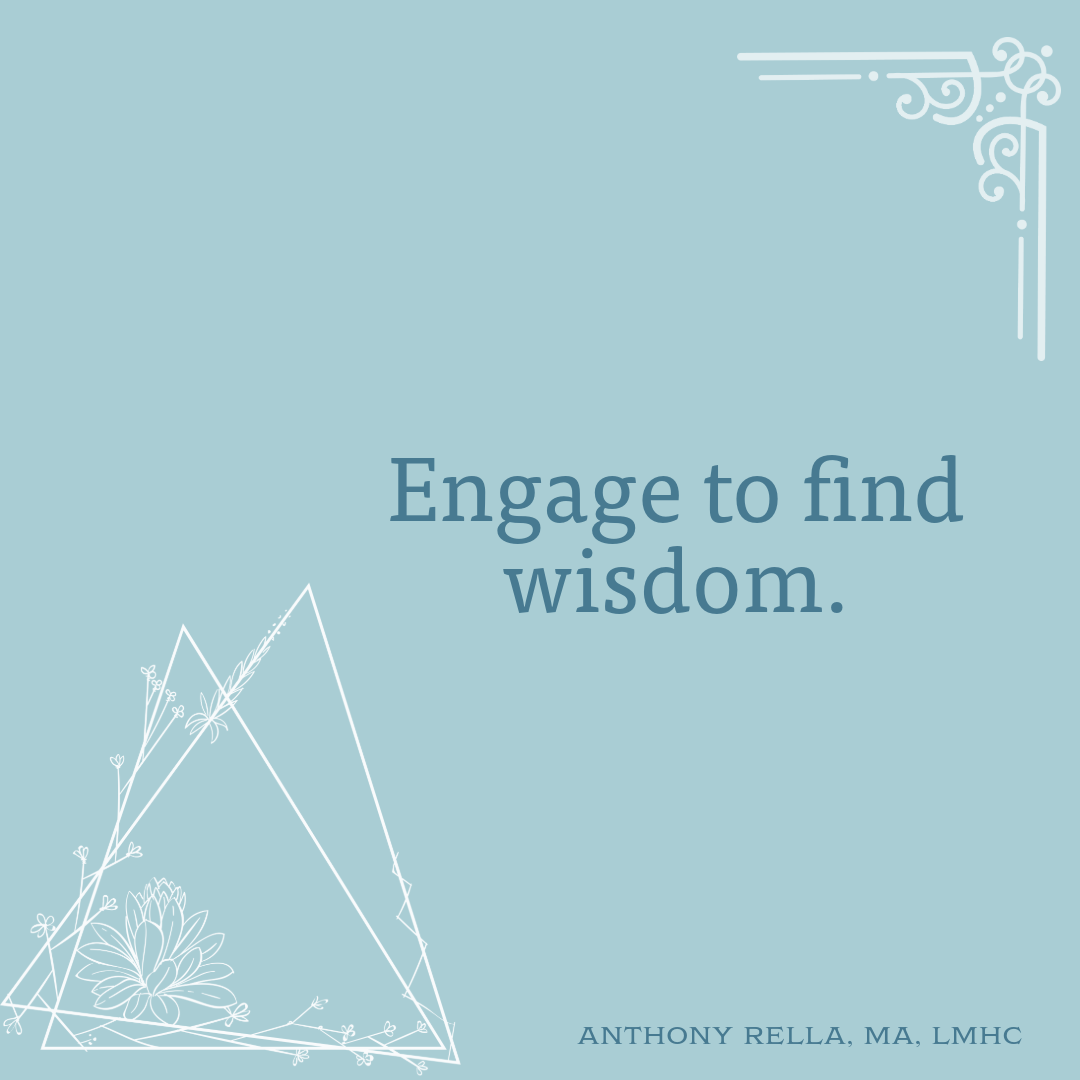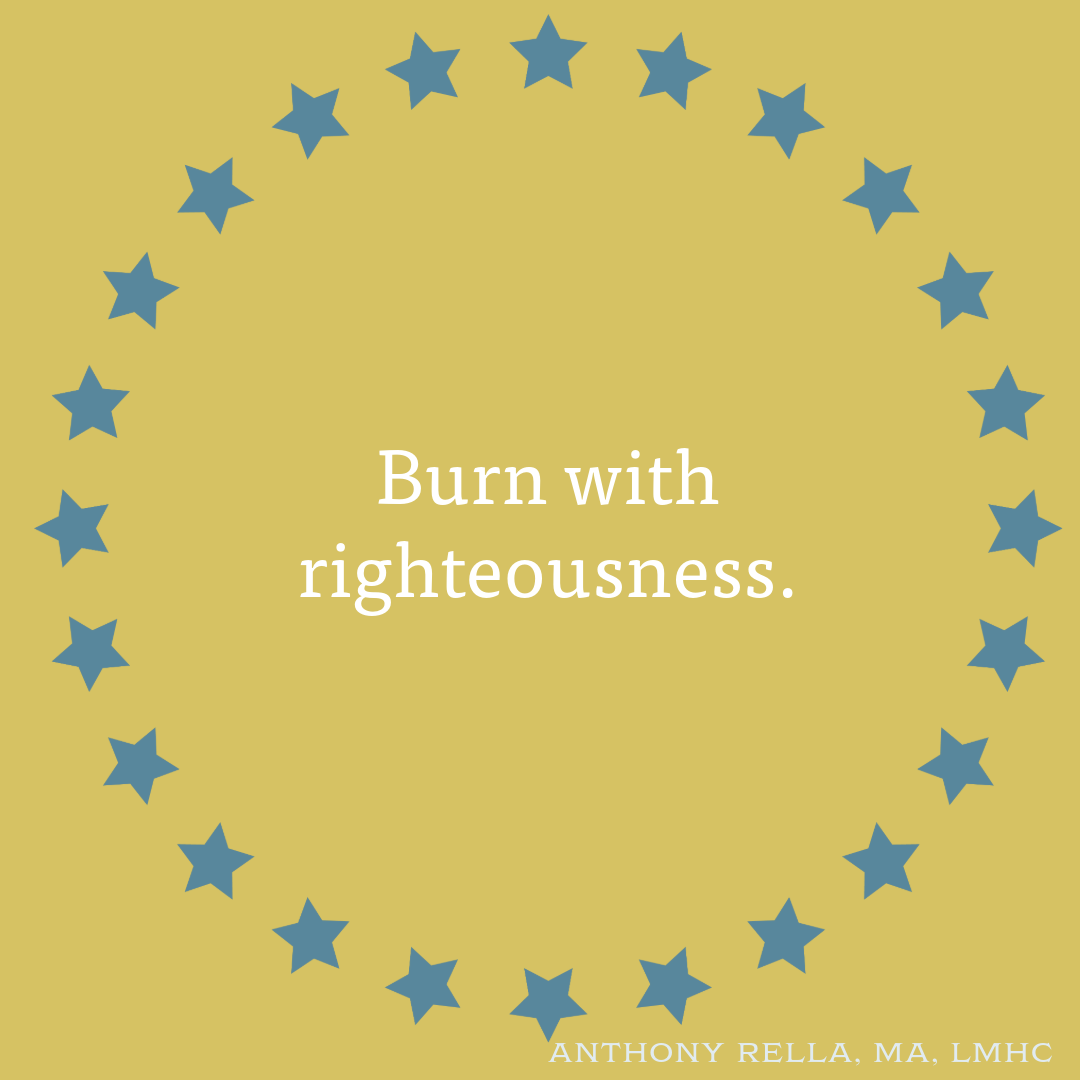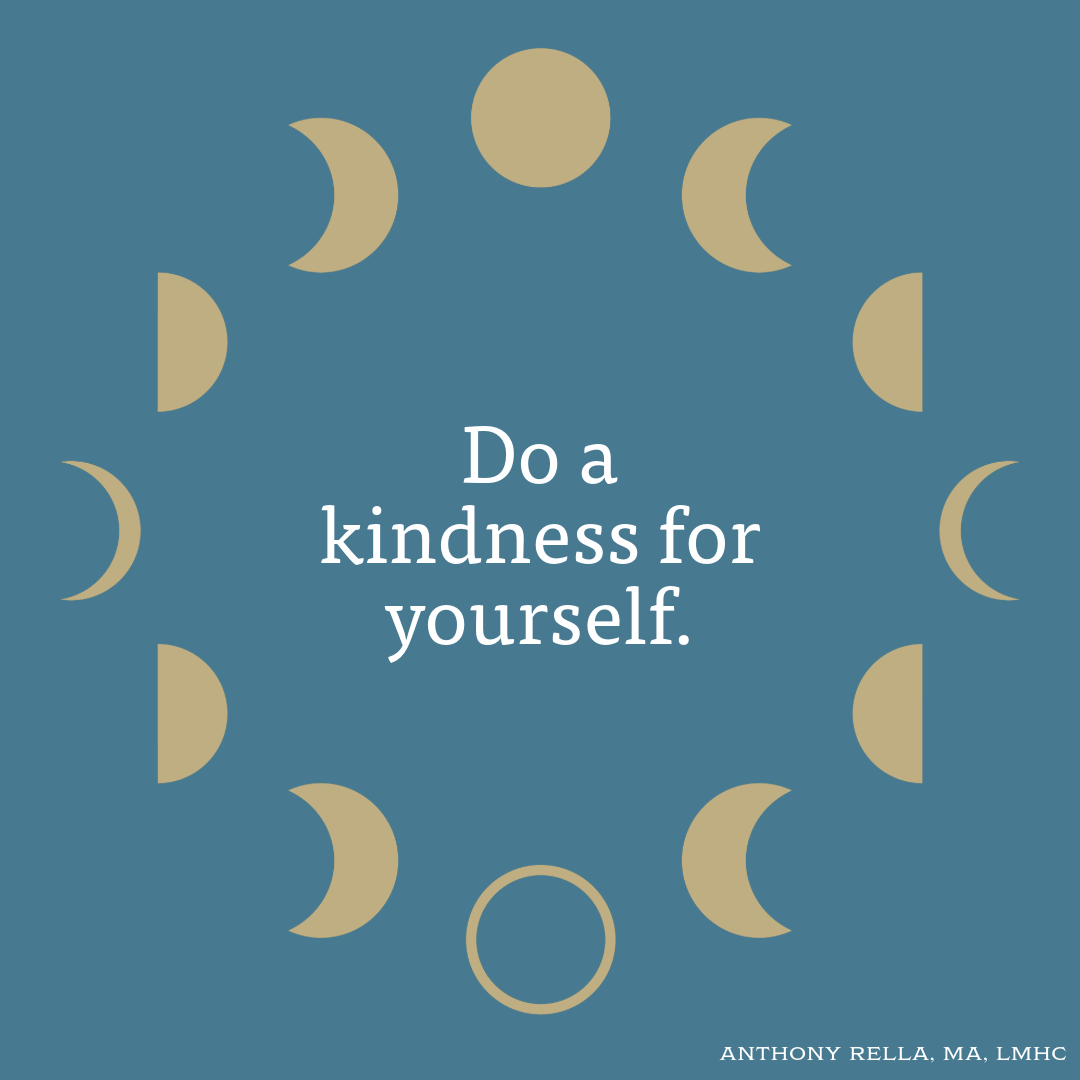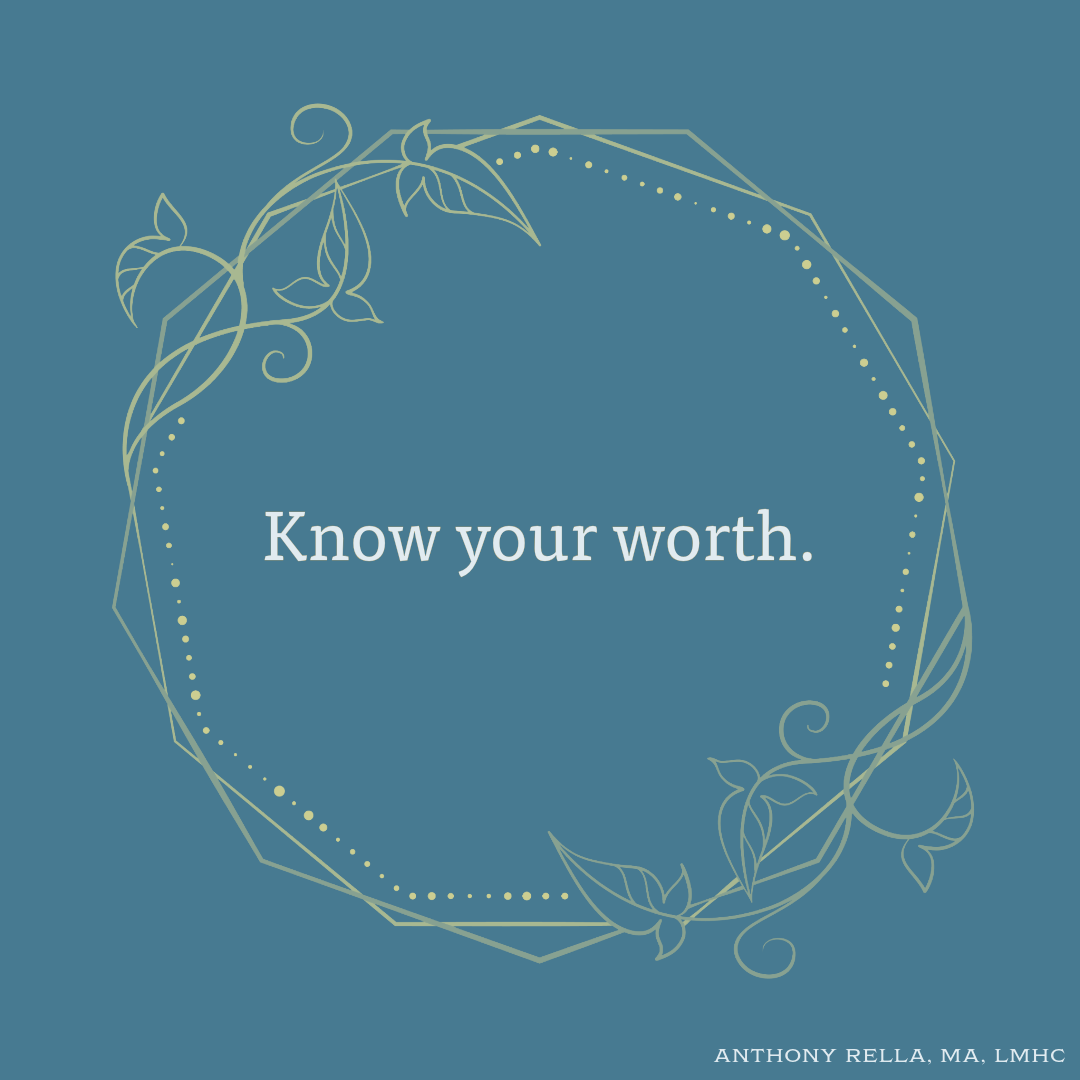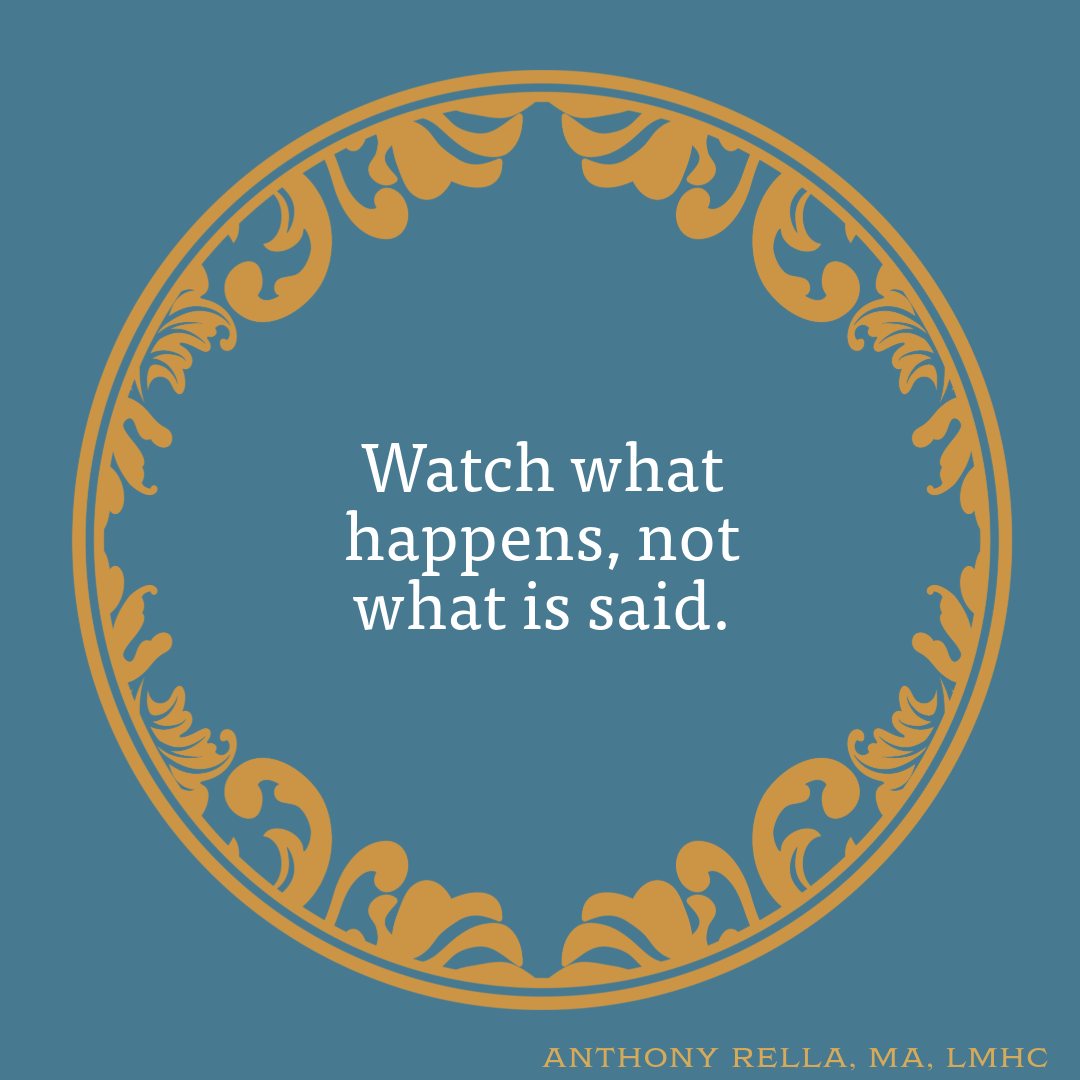A lesson that I’ve been slow to learn in life is that people don’t always mean the things they say—or they might mean them in the moment, but then immediately forget they said it, or change their mind. Also confusing is that sometimes people speak using words that sound really aggressive or dramatic, and they don’t mean the literal interpretation of their words, rather they are using a dramatic expression to convey the intensity of feeling they’re feeling.
Regardless of what a person says, what they do tells us more about them. I am reminded of that story from The Princess Bride in which the Dread Pirate Roberts tells his captive, every night, “Goodnight, Westley. Good work. Sleep well. I’ll most likely kill you in the morning.” This is probably really scary the first dozen times, but eventually one stops believing the threat. After hundreds of mornings not being killed, the threat stops seeming like a literal threat. The behavior says, I value you, I am keeping you around.
Another measure is the effects of the behavior. If someone says they love you but their behavior consistently leaves you feeling abused, neglected, or diminished—well, it doesn’t matter what they say. It doesn’t matter why they’re acting the way they’re acting. What matters is that you are not experiencing being loved in this relationship, and if the other person truly values you, you need to work together to change that. And if they are unwilling to work with you, then you’re likely better served looking for a relationship in which you experience love.
With Jupiter in Gemini the tendency to make big pronouncements, empty promises, and ambiguous but scary threats would be pronounced. To listen to those as the earnest truth, or to dismiss them as inconsequential ramblings, neither seem like workable paths forward. But if we can, we can try to be rocks in the river, deeply grounded and letting the flood of words pass over and around us. In this grounded state, not clinging to the words, we have an easier vantage to watch what is really happening.


